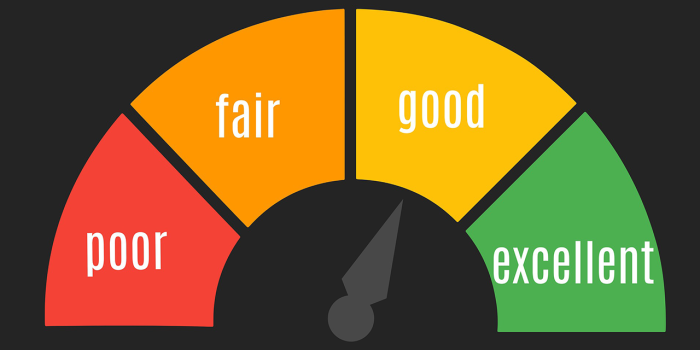As writers, we are often encouraged to submit our work to fellow writers and readers for critique. That’s a valuable way to get feedback on what we’re doing, what’s working, and what needs improvement.
But what do you do next?
First, remember the piece belongs to you. You don’t have to take anyone’s advice if you choose not to. It is always your decision. No piece of writing will ever be universally appreciated, so don’t expect yours to be met with nothing but applause.
Second, evaluate the advice you’ve received. Does it make sense? Is it specific? Is the person who gave the critique someone who reads your genre? Is the person a writer? If the reader was confused, do they say exactly where they lost the thread? Do others give similar critique?
If several people point out a problem with a particular line or phrase, you need to look closely at it. Regardless of how much you may love that line, if several readers are confused or misled by it, consider revising it. If the critique is a lone voice of dissent among several favorable commenters, you may feel more comfortable disregarding their opinions. After all, not all critiques are equally valuable.
Occasionally, you may receive completely contradictory critiques. If that happens, there are a few different things to consider. Whose opinion do you value most? Who most closely resembles your target reader? If the critics are fellow writers, whose writing most closely aligns with your genre? Which writer is most successful, by whatever criteria you choose to use?
It’s important to be open to critique and be willing to grow and improve. But be careful. Not all changes are improvements, and some can cause your writing to lose your authentic voice.
Critiques are suggestions, not orders. You have the final decision.
- Anthony Wood: Hall of Fame Member - June 3, 2024
- Add a Final Step To the Editing Process - April 30, 2024
- Receiving Critique: Three Questions - March 4, 2024


Thank you for the insight.